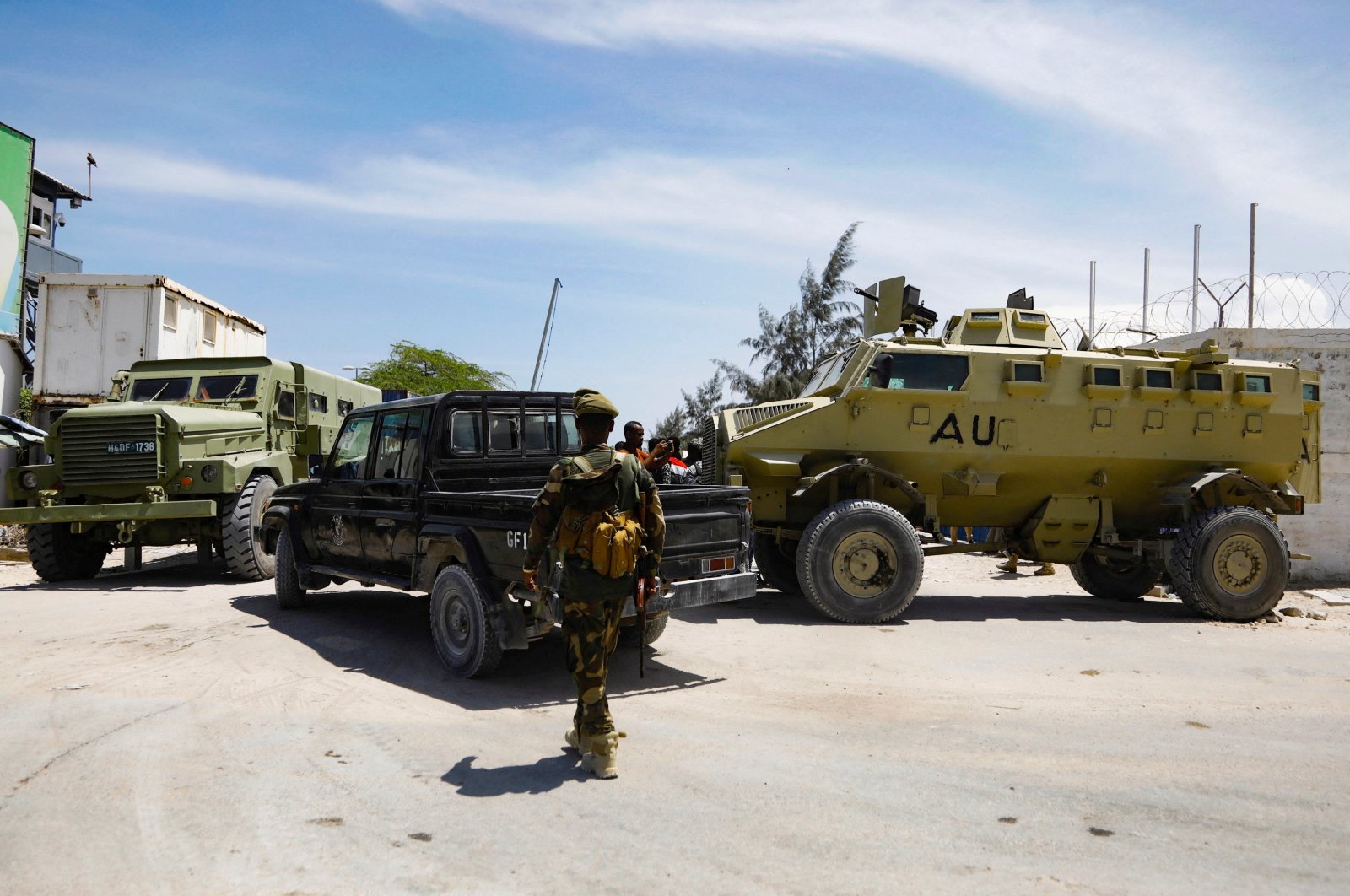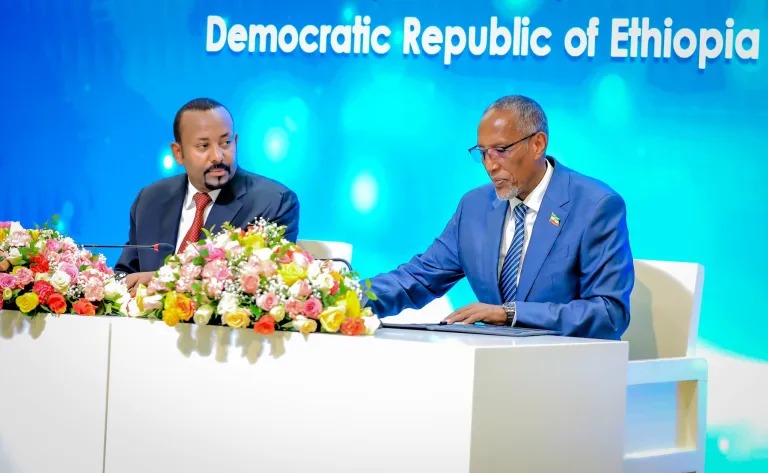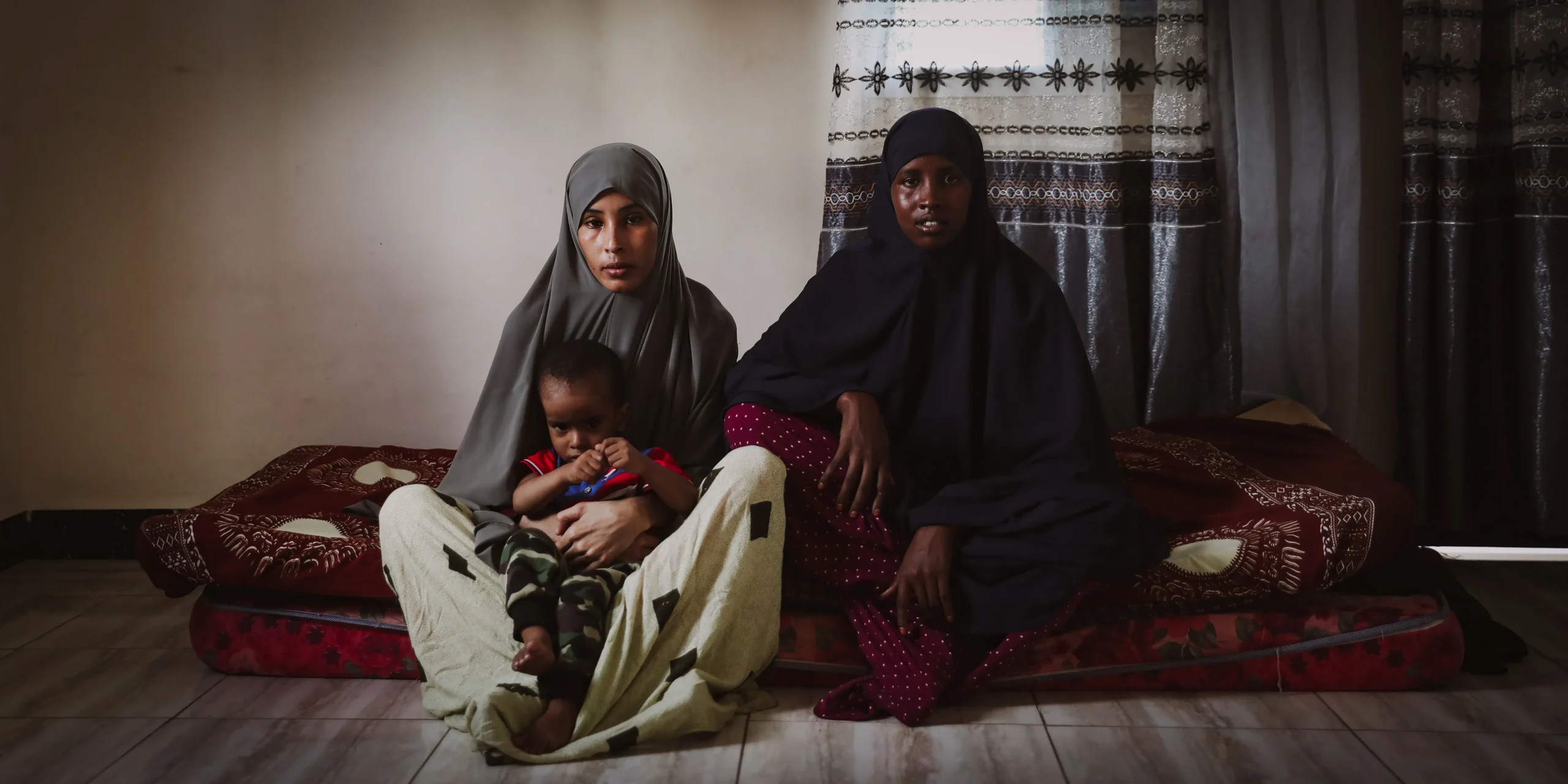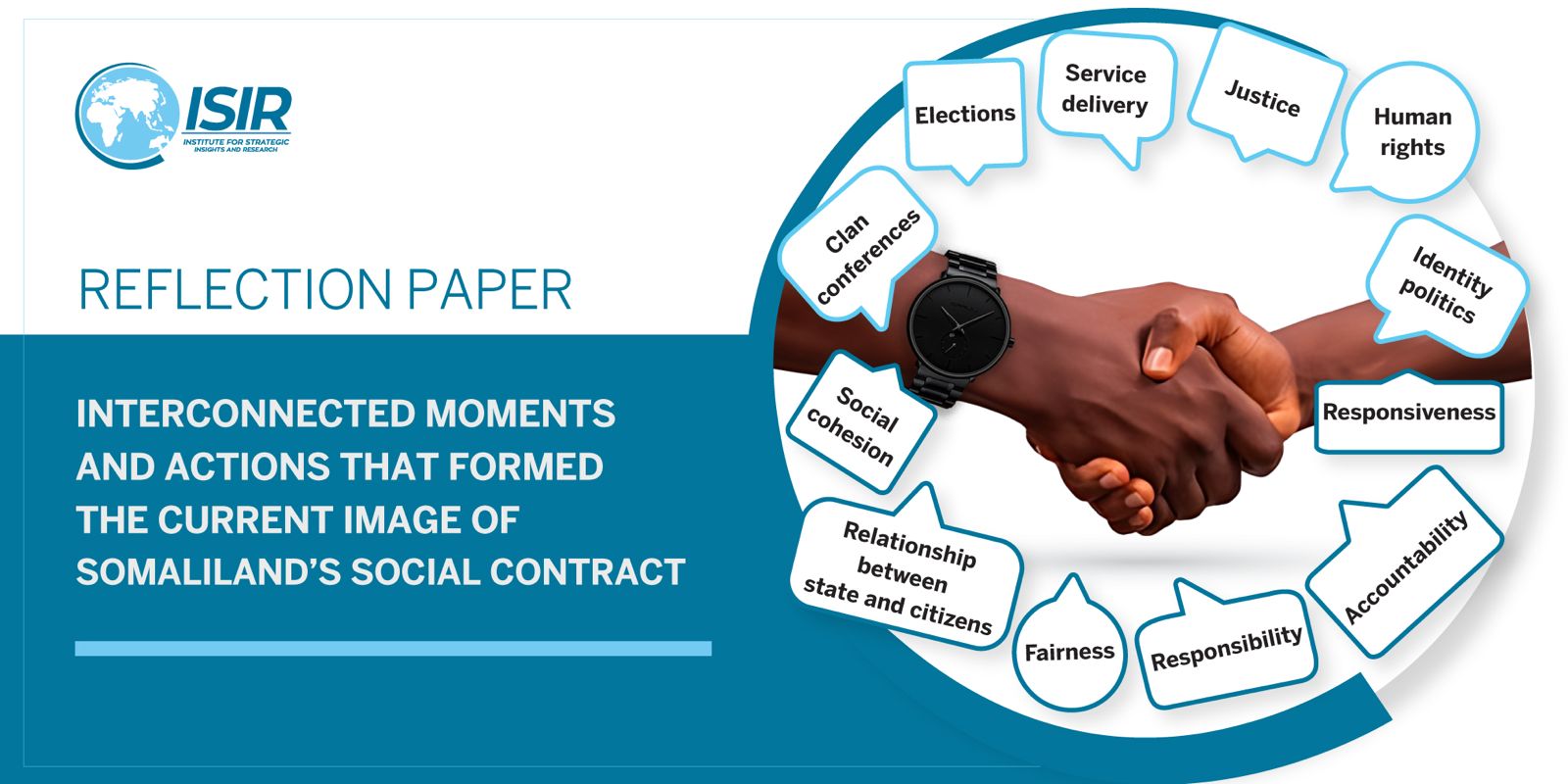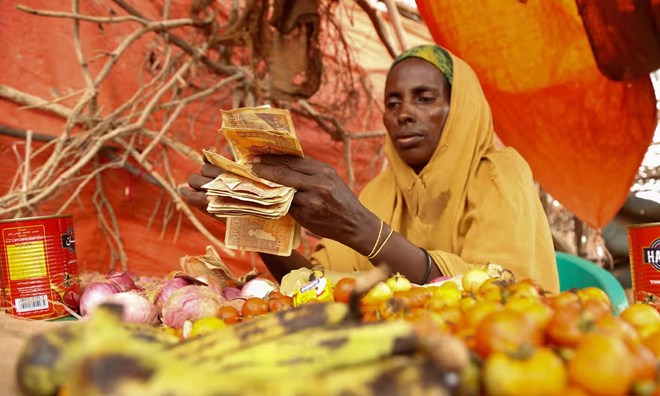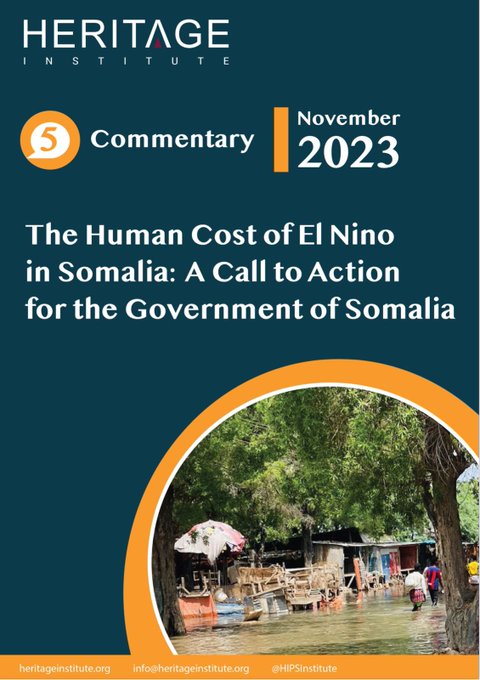Business owners in Cedar-Riverside, the heart of Minneapolis’ Somali community, are mobilizing against the city’s plan to transform a surface parking lot into a new public market. They said they were taken by surprise in late June, when Mayor Jacob Frey and City Council Member Abdi Warsame announced plans to bring in a market for East African businesses to the intersection that gives the neighborhood its name.
Some business owners and residents say the city should have sought their support and should first address crime and other problems in the neighborhood. The loss of parking will also hurt existing businesses, they say.
Rod Johnson, the founder and owner of Midwest Mountaineering, a popular outfitter that has been on Cedar Avenue since 1976, called the market a “half-baked, bad idea.” “I haven’t met anyone in the neighborhood that wants it,” he said Thursday.
“I don’t think anything good will come out of it and I think the businesses are doing everything they can to stop it.” Warsame vehemently disagrees. In a recent interview, he said a public market is welcomed by the Somali community as an opportunity to revitalize one of the city’s poorest neighborhoods.
He said he is constantly receiving calls from East African entrepreneurs asking how they can become involved. “You can quote me on this: 98% of the Somali community in the state of the Minnesota supports this mall,” Warsame said, citing conversations he has had with Somali residents. “The Somali community is just like any other community: They want dignity, they want pride, and they want an opportunity to participate in the American dream.”
The city-owned lot envisioned for the market has about 90 spots directly behind a row of restaurants, including Keefer Court and The Red Sea. At night, it is overflowing with vehicles from people going out to eat or attending shows at the Cedar Cultural Center or Mixed Blood Theatre, business owners said.
Yohannes Zemedhin, one of the owners of The Red Sea who is against the market concept, said all of his customers park in that back lot. “Everybody profits from this parking,” Zemedhin said. “Without parking, no one comes around at all.” Warsame said the surrounding businesses had grown accustomed to thinking the lot was their own.
But he said it was always considered as the likely site for the public market. It’s also a “trouble spot,” he said, where a teenager was killed and two men were wounded in a shooting earlier this year. “This was never a secret,” he said. “[It] was always a natural place to create a business hub for the community.”
The city is looking to move away from vehicle infrastructure in the future, he said, and a public market would be a much more valuable use of the space. “Why should we be subsidizing a parking lot just for a few businesses when we could actually bring in more businesses and give opportunities to people?” Warsame asked.
“I’ve had people talking about parking, and we’re talking about livelihoods.” Still, Johnson said he wants the city to replace the lost parking before ground is broken for the market. He collected signatures for a petition days after the announcement was made, and sent a letter to city officials arguing that “inadequate parking would probably cause existing businesses … to close and property values to decrease.” “Our customers don’t come from this neighborhood, mostly,” Johnson said.
“We’re a regional destination and our customers drive here.” Michelle Kwan, the incoming owner of Keefer Square, also worried about the lost parking. She said Cedar-Riverside doesn’t need a mall, but more recreational opportunities for youth. “We have a lot of issues right now with crime, with young kids joining gangs, because there’s no positive engagement for them to be a part of,” said Kwan, who grew up in the neighborhood.
She said she would support including a community center that provided activities for young people. So does Fartune Del, owner of Sagal’s Restaurant and member of a group of Somali mothers in Cedar-Riverside opposing the project. She thinks other malls in the city are “very dense and unsafe,” and she worries another one would just add to the neighborhood’s crime problem. She urged Warsame and Frey to speak with community members and listen to their needs.
“They need to come to the area and see what we need instead of saying, ‘This is what we’re going to do, and this is who is going to benefit, and this is who is going to have it,’ ” she said. In a statement Friday, Frey said the Somali community has asked the city for years to support a public market for East African business owners.
“This is an opportunity to partner with them toward achieving a space that accommodates their existing and aspiring businesses,” the statement read. “Moving forward, we will continue engaging the community and integrating their feedback into the development objectives.” The market, which is being billed as the “Africa Village,” would not be like other Somali malls in the city, Warsame said.
It would likely be run by a nonprofit, he said. It could also include a clinic, and the neighborhood’s Brian Coyle Community Center could potentially expand inside or adjacent to the market. “Africa Village will be like our own Chinatown. It will prevent gentrification and it will be a way of rebranding the neighborhood, so instead of Cedar-Riverside being a place where poor people live, it will be a cultural commercial corridor,” he said. “We want to create an actual destination place.”
Startribune
Categories: Featured, Latest News








